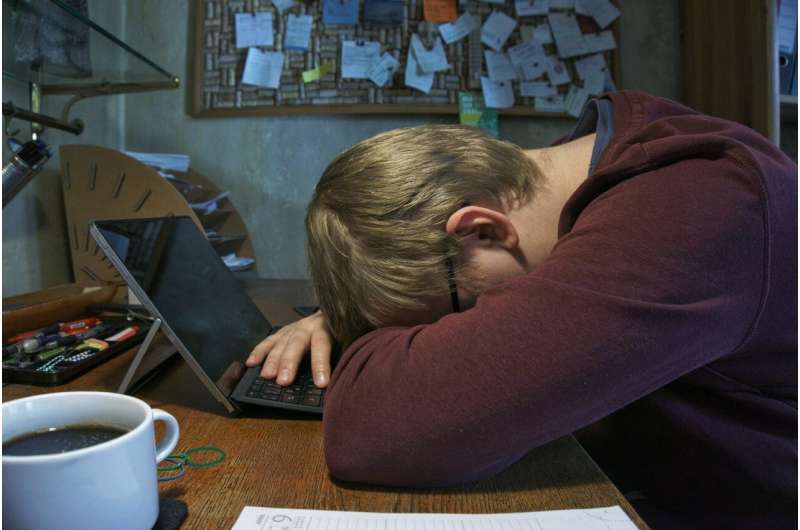
New research shows impact of grief during the pandemic as two thirds of bereaved people report experiencing social isolation and loneliness. Those bereaved due to COVID-19 were also less likely to be involved in care decisions and be well supported by healthcare professionals after the death of their loved one.
The research which has been carried out by the University of Bristol and Cardiff University’s Marie Curie Palliative Care Research Centre found that participants reported high levels of challenges relating to bereavement during the pandemic with the three most common being restricted funeral arrangements (93 percent), limited contact with other close relatives or friends (81 percent) and experiencing social isolation and loneliness (67 percent).
When deaths were unexpected rather than expected, such as many COVID-19 deaths, the bereaved person was less likely to be involved in care decisions. Almost half (48 percent) of participants reported that a healthcare or other care professional had not provided information about bereavement support services, even though this would have been relevant to them.
The study is funded by the Economic and Social Research Council (ESRC) as part of UK Research and Innovation’s rapid response to COVID-19. The pre-print publication of the results on the medRxiv website coincides with UK Commission on Bereavement’s call for the public to ‘share their grief story’ from today. The stories will provide the evidence to help shape the commission’s recommendations in the form of a report which they will submit to key decision-makers, including the UK Government, next year on how best to improve support for bereaved people.
A bereaved daughter commented in the survey: “When she (mum) took her last breath I called the nurse, they asked me to step out and confirmed death. I stepped into the ward area and just waited; it was so busy. They could have taken me somewhere. Then a few minutes later the nurse came out and gave me her things and said she couldn’t remove her wedding ring. I was told to self-isolate for 14 days and the bereavement team would call. And I left. It was a cold, lonely experience no compassion no empathy—so different from my dad’s death five years previous in a nursing home. The bereavement team called the following day and it was very business-like there was no compassion.”
A bereaved wife added: “We were isolated for all of the two months he was ill and saw no one. His only sister was not able to visit him or attend the funeral as she lives over 400 miles away. I received messages, cards etc. from over 100 people but only five people were able to attend the funeral. The limited contact and loneliness has continued as I now live on my own and most family and friends are many miles away.”
Dr. Lucy Selman, from the Palliative and End of Life Care Research Group and the Centre for Academic Primary Care at the University of Bristol, said: “Our research shows the huge challenges associated with being bereaved during the pandemic, highlighting how difficult experiences at the end of life have been compounded by high levels of social isolation and loneliness and a lack of support afterwards. With the average number of deaths in the UK projected to increase over the next twenty years, it is essential that bereavement services are adequately resourced and measures are put in place to ensure everyone who has experienced a bereavement is signposted to support options and information on grief and bereavement services.”
Dr. Emily Harrop, from the Marie Curie Palliative Care Research Centre based at Cardiff University, said: “It’s saddening to learn that many people who have experienced a bereavement during the pandemic did not receive the emotional support they needed, and many more of those people were not told about the options available to them.
“It’s vital that as a country, we learn lessons from the experience of mass bereavement during COVID-19. Health and social care providers must prioritize communication with relatives and help to ensure that people can have contact with their dying loved ones, even in the context of a pandemic. However, this can only happen if resources for staff caring for the dying are also prioritized.”
Source: Read Full Article
